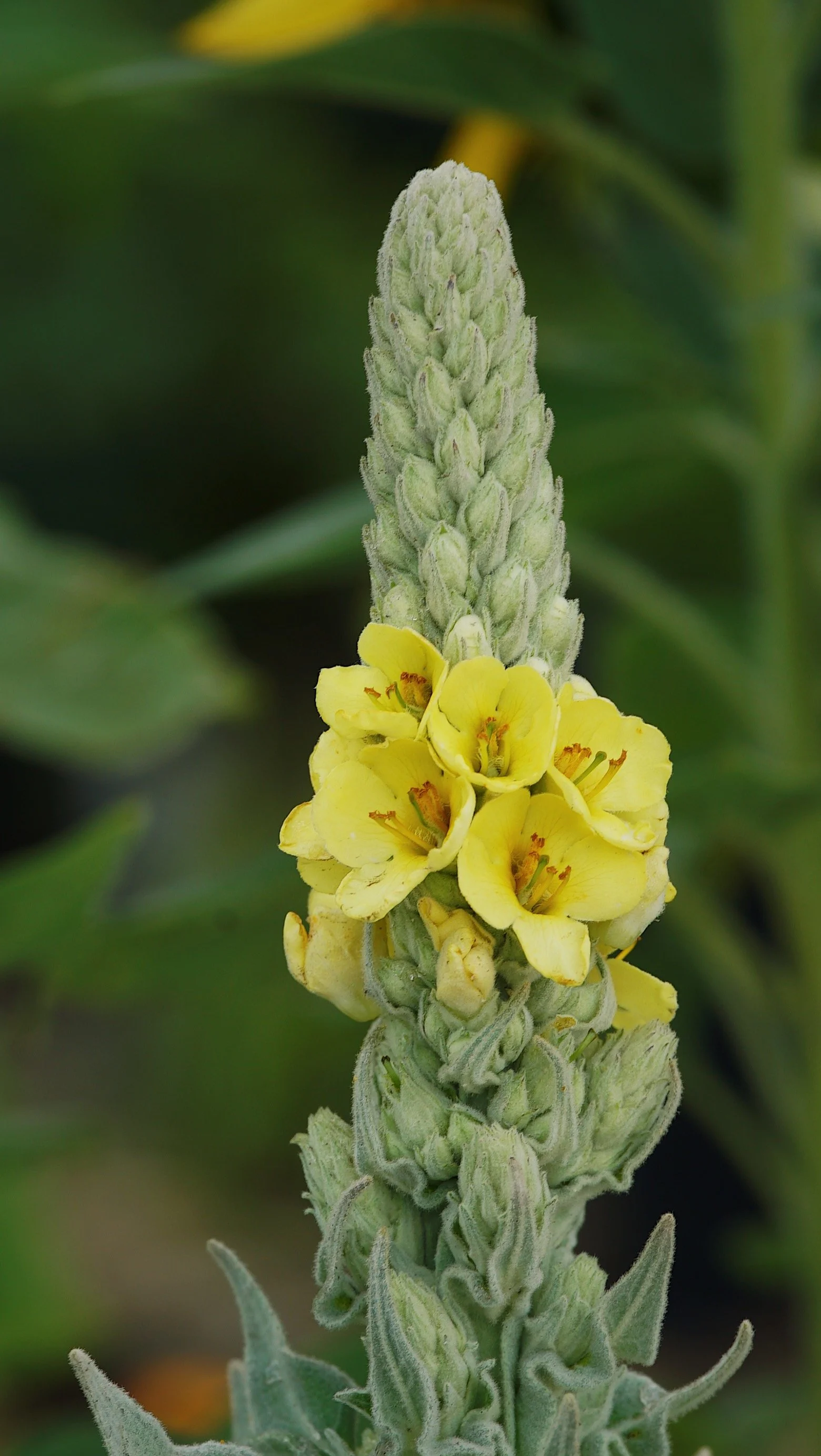 Image 1 of 2
Image 1 of 2

 Image 2 of 2
Image 2 of 2



Catnip Plant
“Nepeta Cataria”
PLANT AVAILABILITY: From Early Spring to Late Autumn
BENEFITS
Besides making your cats extra relaxed and happy, catnip has additional health benefits. Catnip is particularly effective in aiding digestive issues, especially constipation, excess flatulence, cramping, and bloating. Catnip is a carminative, helping to remove air stuck in the intestines by pushing it downwards until it’s expelled from the body. The relaxing, anti-inflammatory effects of Catnip's organic compounds can ease the knots and inflammation of the gastrointestinal system and relieve tightness and discomfort.
For your cats, catnip can be a good way to encourage play and movement. For anxious cats, it can reduce stress in unfamiliar settings.
GROWING CONDITIONS
Season: Autumn to Spring / Perennial
Soil: Rich and well draining
Watering: Keep moist
Position: Part shade, Keep in pot
Fertilising: Compost, Manure, Liquid feed
Use: Catnip tea is most commonly used to treat nervousness and anxiety, Has been known to help indigestion and insomnia. It may be used to treat gastrointestinal upset, including indigestion, cramping, and gas.
Growing tips: Keep contained, can be invasive, will die back in Summer
Companion Plants: Parsley, Chives, Other Mint Varieties
“Nepeta Cataria”
PLANT AVAILABILITY: From Early Spring to Late Autumn
BENEFITS
Besides making your cats extra relaxed and happy, catnip has additional health benefits. Catnip is particularly effective in aiding digestive issues, especially constipation, excess flatulence, cramping, and bloating. Catnip is a carminative, helping to remove air stuck in the intestines by pushing it downwards until it’s expelled from the body. The relaxing, anti-inflammatory effects of Catnip's organic compounds can ease the knots and inflammation of the gastrointestinal system and relieve tightness and discomfort.
For your cats, catnip can be a good way to encourage play and movement. For anxious cats, it can reduce stress in unfamiliar settings.
GROWING CONDITIONS
Season: Autumn to Spring / Perennial
Soil: Rich and well draining
Watering: Keep moist
Position: Part shade, Keep in pot
Fertilising: Compost, Manure, Liquid feed
Use: Catnip tea is most commonly used to treat nervousness and anxiety, Has been known to help indigestion and insomnia. It may be used to treat gastrointestinal upset, including indigestion, cramping, and gas.
Growing tips: Keep contained, can be invasive, will die back in Summer
Companion Plants: Parsley, Chives, Other Mint Varieties
“Nepeta Cataria”
PLANT AVAILABILITY: From Early Spring to Late Autumn
BENEFITS
Besides making your cats extra relaxed and happy, catnip has additional health benefits. Catnip is particularly effective in aiding digestive issues, especially constipation, excess flatulence, cramping, and bloating. Catnip is a carminative, helping to remove air stuck in the intestines by pushing it downwards until it’s expelled from the body. The relaxing, anti-inflammatory effects of Catnip's organic compounds can ease the knots and inflammation of the gastrointestinal system and relieve tightness and discomfort.
For your cats, catnip can be a good way to encourage play and movement. For anxious cats, it can reduce stress in unfamiliar settings.
GROWING CONDITIONS
Season: Autumn to Spring / Perennial
Soil: Rich and well draining
Watering: Keep moist
Position: Part shade, Keep in pot
Fertilising: Compost, Manure, Liquid feed
Use: Catnip tea is most commonly used to treat nervousness and anxiety, Has been known to help indigestion and insomnia. It may be used to treat gastrointestinal upset, including indigestion, cramping, and gas.
Growing tips: Keep contained, can be invasive, will die back in Summer
Companion Plants: Parsley, Chives, Other Mint Varieties












